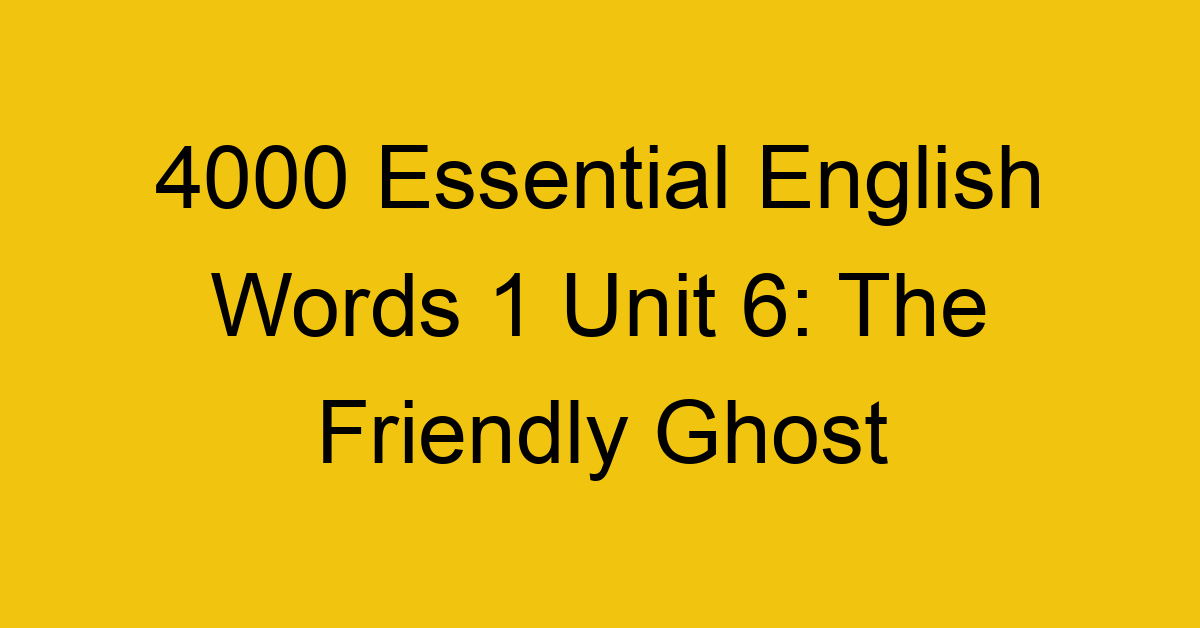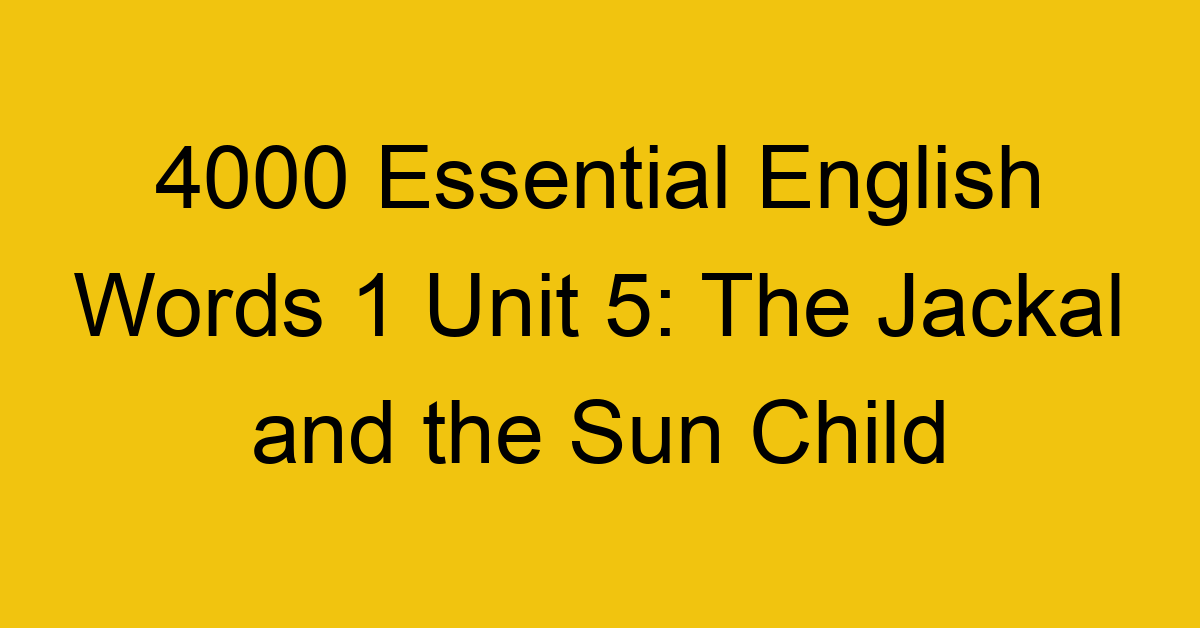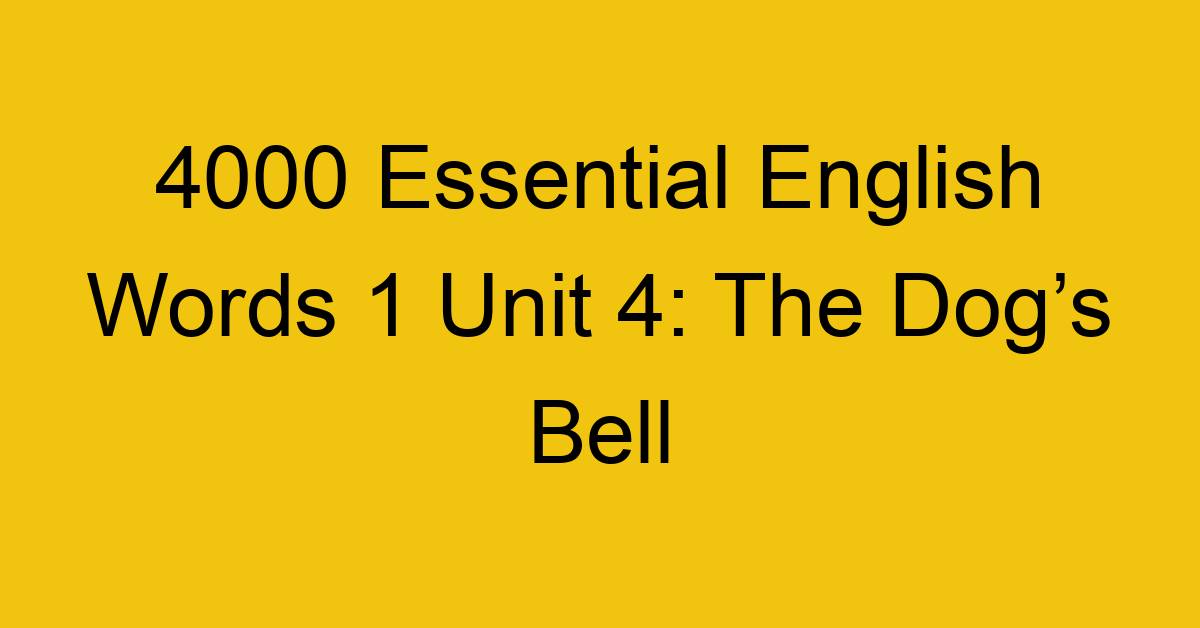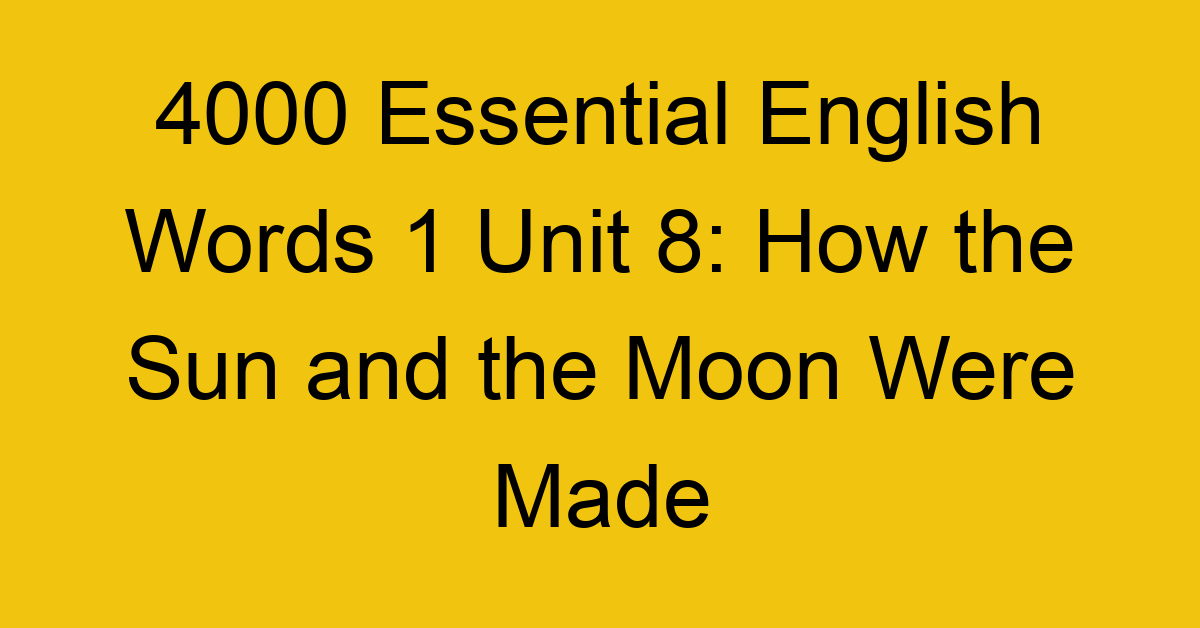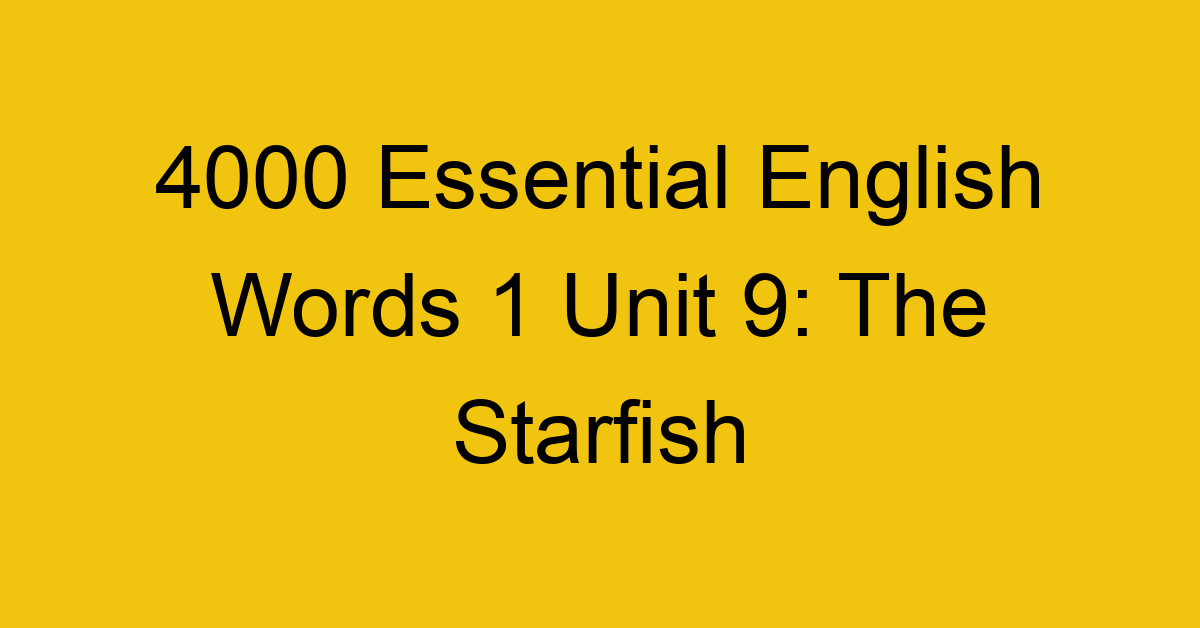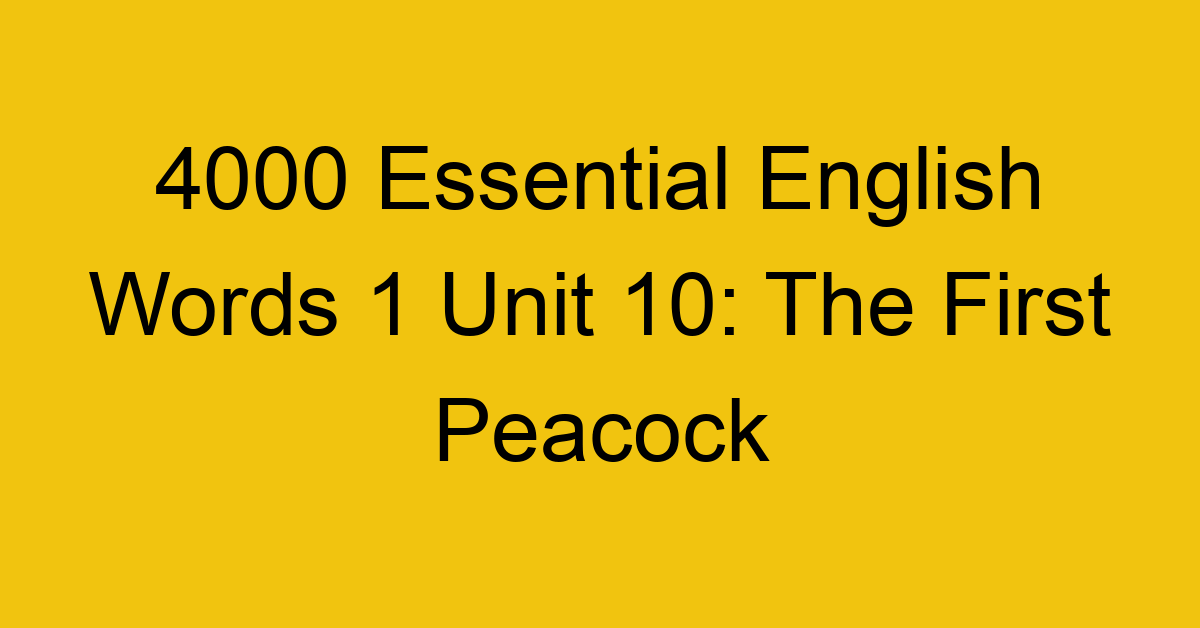4000 Essential English Words 1 Unit 7: The Best Prince
Word List
- allow [əˈlaʊ] v.
To allow something to happen means to let it happen.
→ Having a ticket will allow you to enter the show.
- announce [əˈnaʊns] v.
To announce something is to make it known.
→ He announced to everyone his new idea for the company.
- beside [bɪˈsʌɪd] prep.
When someone or something is beside you, they are next to you.
→ The two brothers stood beside each other.
- challenge [ˈtʃalɪn(d)ʒ] n.
A challenge is something difficult to complete.
→ It was a challenge to climb to the top of the mountain.
- claim [kleɪm] v.
To claim means to say that something is true.
→ He claimed to know why the country’s laws were weak.
- condition [kənˈdɪʃ(ə)n] n.
The condition of someone or something is the state that they are in.
→ The patient’s condition was very good.
- contribute [kənˈtrɪbjuːt] v.
To contribute to something means to do something to make it successful.
→ We decided to contribute money to the new hospital.
- difference [ˈdɪf(ə)r(ə)ns] n.
A difference is a way that something is not like other things.
→ The biggest difference between the birds is the color of their feathers.
- divide [dɪˈvʌɪd] v.
To divide something is to make it into smaller parts.
→ We divided the pizza.
- expert [ˈɛkspəːt] n.
An expert is someone who is very good at doing something.
→ The wizard was an expert at magic.
- famous [ˈfeɪməs] adj.
If someone or something is famous, they are known to many people.
→ The Eiffel Tower in Paris is very famous.
- force [fɔːs] n.
Force is a person’s strength or power.
→ He used all his force to try and open the door.
- harm [hɑːm] n.
Harm is hurt or problems caused to someone or something.
→ A hot iron can cause great harm if you are not careful.
- lay [leɪ] v.
To lay means to put or place in a horizontal or flat position.
→ Don’t lay your socks on the floor.
- peace [piːs] n.
Peace is a time without war.
→ A white dove is a symbol for peace.
- prince [prɪns] n.
A prince is the son of a king.
→ The prince and the princess were married.
- protect [prəˈtɛkt] v.
To protect someone is to stop them from getting hurt.
→ Firemen protect us from fires.
- sense [sɛns] v.
To sense something is to know about it without being told.
→ I could sense that he was watching me.
- sudden [ˈsʌd(ə)n] adj.
When something is sudden, it happens very quickly.
→ He felt a sudden pain in his chest.
- therefore [ˈðɛːfɔː] adv.
Therefore means for this reason.
→ He is fat. Therefore, he will go on a diet.

